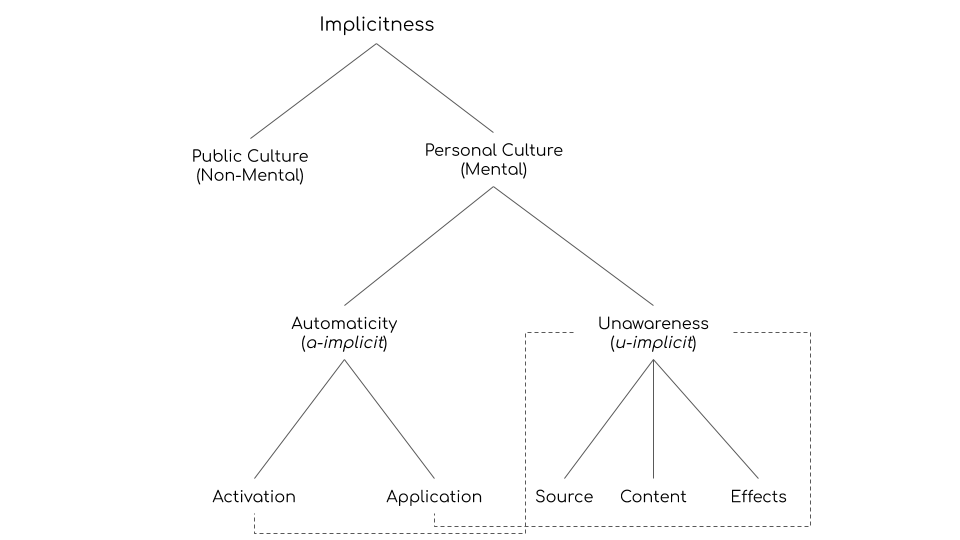Thick and Thin Belief
Knowledge and Belief A (propositional) knowledge (that) ascription logically entails a belief ascription, right? I mean if I think that Sam knows that Joe Biden is the president of the United States, I don’t need to do further research into Sam’s state of mind or behavioral manifestations to conclude that they …










You must be logged in to post a comment.